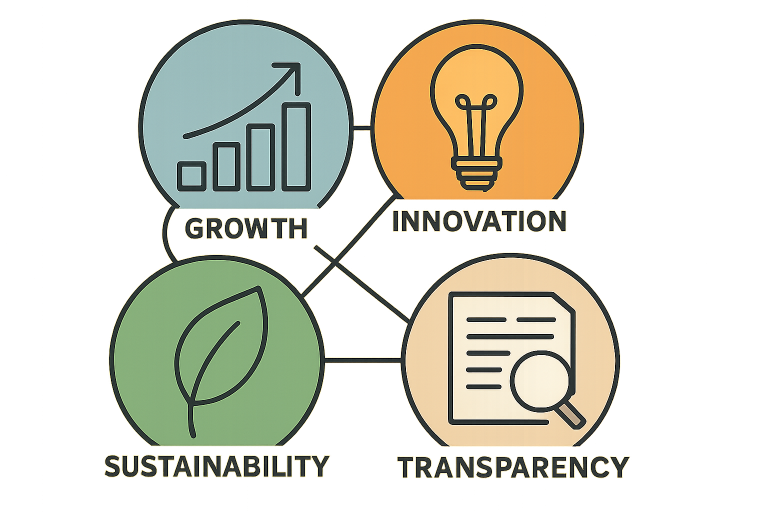Economic Policy in Modern Governance
Economic policy plays a central role in modern governance, shaping how governments respond to challenges like inflation, unemployment, and economic inequality. From fiscal strategies to monetary tools, these policies influence national stability and affect the lives of everyday citizens. A well-crafted economic policy supports growth while addressing long-term sustainability and social welfare needs.
In recent years, policymakers and economists have emphasized the importance of data-driven decision-making and structural reforms. Figures such as Peter Orszag have contributed significantly to discussions on balancing fiscal responsibility with economic opportunity. His insights underscore the need for pragmatic, informed approaches in tackling today’s complex financial landscape, highlighting how expert analysis can bridge the gap between economic theory and effective public policy.
The Evolution of Economic Policy
Over the last century, economic policy has traversed a wide spectrum, from periods favoring free-market minimalism to times of heightened government intervention. In the post-World War II era, state-driven approaches prevailed, supporting reconstruction and establishing many welfare systems foundational to modern societies. The late 20th century, however, saw a pivot to neoliberalism, prioritizing deregulation, privatization, and reduced government oversight.
Yet, as new global threats like financial crises, pandemics, and climate change emerge, policymakers again embrace the need for a more active state role. Today’s economic environment demands a hybrid approach—one that leverages the efficiency of markets while protecting public welfare and responding proactively to shocks.
Modern Governance and Economic Strategy
Effective governance in the 21st century relies on policies that are not only economically sound but also socially inclusive and environmentally sustainable. This requires moving beyond one-size-fits-all solutions and embracing evidence-based, iterative, and transparent strategies.
Governments must consider a multitude of factors, including spurring innovation, ensuring workforce adaptability, supporting vulnerable populations, and addressing environmental threats. Modern economic strategy is increasingly rooted in the use of big data analytics, cross-sector collaboration, and continuous policy evaluation, allowing leaders to respond nimbly to evolving circumstances.

Globalization’s Impact on Economic Policy
Globalization has transformed national economies into nodes within a complex international system. As a result, domestic economic decisions now have repercussions that extend well beyond national borders. Countries must cooperate on trade, investment, financial regulations, taxation, and transparency standards.
A notable example can be seen in the European Union’s recent economic governance reforms, which aim to enhance investment throughout member states while maintaining fiscal discipline. Such initiatives illustrate the challenge of harmonizing diverse national interests within a broader economic framework.
Technological Advancements and Policy Adaptation
The surge in technological innovation is rapidly altering the contours of economic activity. Breakthroughs in Artificial Intelligence (AI), automation, and digital infrastructure present profound opportunities for growth but also disrupt industries and labor markets.
Policymakers face the dual challenge of encouraging innovation while mitigating risks such as job displacement and ethical violations. Effective regulation and forward-thinking investment in education, training, and digital infrastructure are crucial.
Transparency and Public Engagement
Open government and public engagement have become indispensable in modern governance. By fostering transparency and involving citizens in the policymaking process, governments can build trust and accountability while improving policy effectiveness.
Providing open access to public data and embracing participatory mechanisms can transform economic policy design and implementation. The OECD underscores that open government initiatives can significantly enhance economic outcomes and drive social progress.
The Future of Economic Policy in Governance
As societies look to the future, the demand for adaptive, data-driven, and inclusive economic policy will only intensify. Success will hinge on embracing technological change, fostering cooperation across borders, and upholding the highest standards of transparency and public participation.
Ultimately, the goal is not just economic growth in the traditional sense but advancing a fairer, more resilient, and more sustainable global society. Effective economic governance, shaped by thoughtful leaders and engaged citizens alike, will be the key to meeting the challenges and opportunities of tomorrow.
Visit the rest of the site for more interesting and useful articles.

